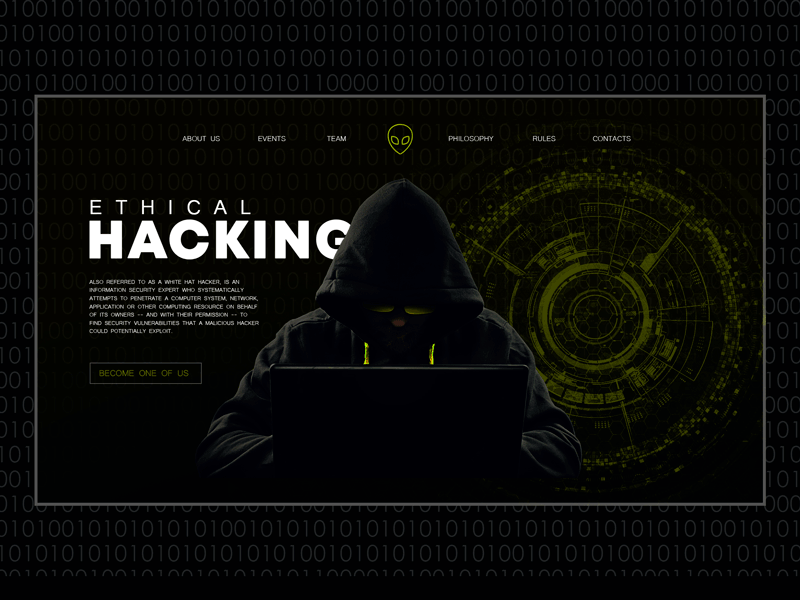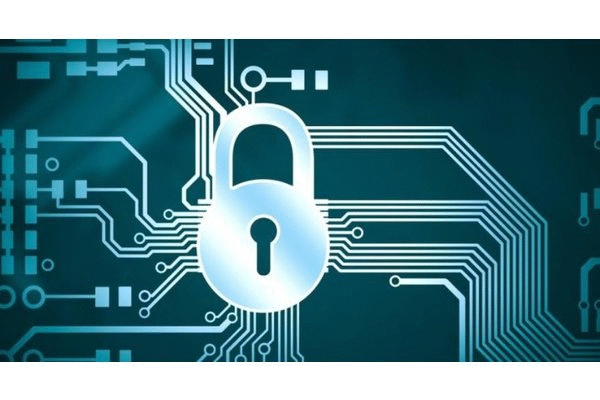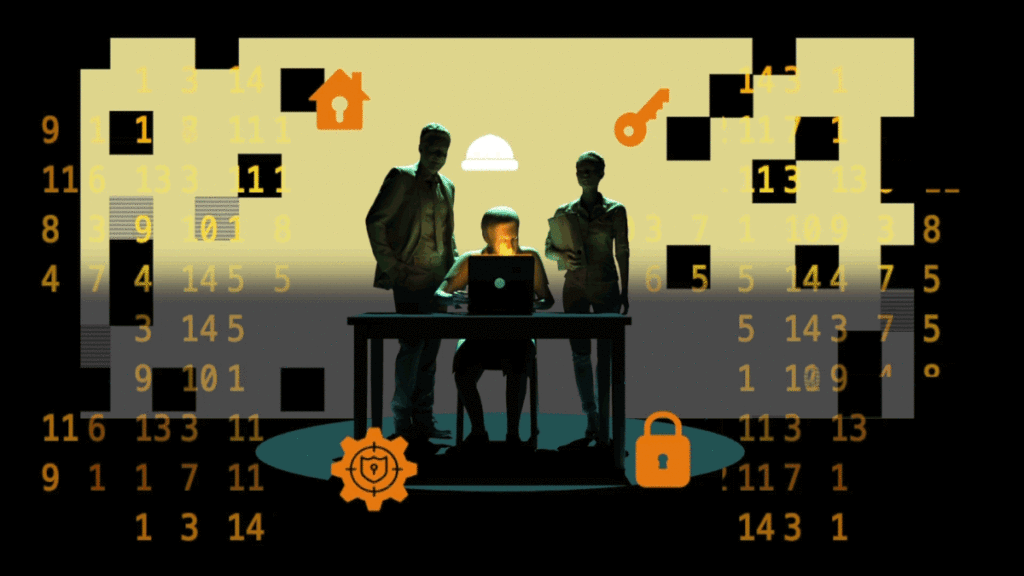What Is Ethical Hacking?
Hacking refers to gaining unauthorized access to the data on someone else’s server by breaking into the system. Ethical Hacking is about gaining authorized access to data to identify potential vulnerabilities in a system to protect it from malicious hackers. Ethical Hacking is nothing but a kind of security check test conducted by the 3rd party with the owner’s permission, which is similar to the services provided by various other security agencies. So it is ethical.
In the world of ever-growing digitalization, data has emerged as the new Oil of the twenty-first century; therefore, Ethical hackers are emerging as futuristic technology in safeguarding data. They are increasingly used by organizations and individuals to identify threats and reduce future impacts.

Issues Involved In Ethical Hacking
Professional hackers perform Ethical Hacking; they act like any other hacker, the difference being that they work legally with the Organization’s permissions. Hence they are also called white collared Hacking. However, there are several issues related to ethical Hacking:
- 1) Teaching students about hacking – cause there is hardly any way to ascertain the real intent of learning ethics. Many argue that it is like giving loaded guns in the hands of students.
- 2) Ethical hackers are mostly hired; that is, they are only temporary employees. So giving access to sensitive information records details of employees can cause great controversy. It can compromise fundamental rights like privacy and of freewill. Research has shown that more than 90% of attacks are from within the Organization. The hacker may also collude with an insider or other competitors to blackmail the Organization
- 3) Every ethical hacker is a potential malicious hacker: Hacking knowledge is a weapon for hackers. There is a possibility that An ethical hacker working with a large Organization may misuse his capabilities to retrieve sensitive and classified information.
- 4) Legal liability is debatable – If ethical hackers miss finding the vulnerability in the system which is later hacked by a malicious hacker, it is not clear who will be liable for failure, is it Organization or the ethical hacker
- 5) Ethical conflict – The Kant theory pinpoints wrong and rights based on duties. Entire ethical Hacking is unethical because gaining access to sensitive information is wrong, but Consequential theory justifies ethical theories as it based rights and wrongs on consequences.
- 6) The hacker may produce a false report of the system’s security if there are no experts to verify it.
- 7) Since the hacker becomes well versed with the security system, the Organization may become dependent on him/her, which may be misused by the hacker.

Challenges
- The trustworthiness and ethics of hackers may be a challenge
- Weak networking base and tools may be a threat to the efficient functioning
- Lack of awareness among Organization leads to threat in maintaining data
Regarding this, the Government of India had put in motion a National Cybersecurity Policy in 2013, aiming to generate a force of 5 lakh cybersecurity experts, besides additional provisions.

Opportunities in the Ethical Hacking field
Ethical Hacking has got various opportunities in the fast-growing world as follows.
- National interest – various organizations are funding the criminals to hack various govt sites and ask ransom. In such a case, ethical Hacking can prove vital for ensuring national security.
- Business – though the newly born business involves some form of resistance to hacks, traditional business lacks any such trend and is thus vulnerable to Hacking.
- Hotel management and related industries – these sites are hacked to corporate stock travelers.
- A career in Ethical Hacking offers tremendous opportunities with handsome salaries.
Ethical Hacking can be used as a useful tool only if used in holistic terms and fine-tuning of the minor gaps that lead to the entire organization’s collapse.

Way Forward
Ethical Hacking, like many technologies, comes with its pros and cons, and prohibiting students from learning Hacking will not help us find a cure for the menace of ever-increasing Hacking. The need is to lay down a uniform test used by Universities right at the primary level, like checking criminal background and interviewing candidates to ascertain their intent. The need is to lay down an Ethical hacking code of conduct like respecting clients’ privacy, understanding the nature and authentic character of the client’s business, never transgressing the client’s boundaries, not disclosing client information.
Ethical Hacking is a crucial development, and if correctly deployed, it can help us identify future threats of Hacking and reduce its impact to a great level.
Hence an individual/Organization must be cautious in choosing its ethical hackers. Apart from competence, integrity and trustworthiness are crucial because it is like giving the key to a safe locker. The fine line between ethical and unethical hackers is similar to the tools used by a surgeon and a murderer, albeit for different purposes.




















